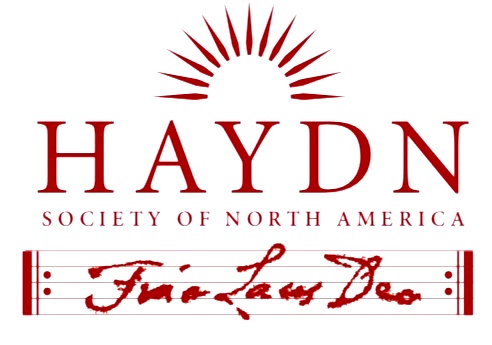
Document Type
Article
Abstract
Both Beethoven’s Bagatelle Op. 33 no. 2 and Haydn’s String Quartet Op. 33 no. 2 demonstrate playfulness far beyond the typical confines of eighteenth-century galant conventions. Although many scholars have addressed the conclusions to these works (Wheelock 1992, Levy 1995, Goeth 2013, Klorman 2013, Palmer 2015), no research has demonstrated how Beethoven’s practical joke is both indebted to, and distinct from Haydn’s famous gag. This article demonstrates how Beethoven’s “end game” is indebted to Haydn, but takes on a unique flavor in the hands of the budding romantic.
In these two endings, both composers play practical jokes on their listeners who cannot know when the piece will end. In Haydn’s well-known string quartet, a series of pauses alternately create heightened anticipation for both the continuation of the entertainingly hackneyed rondo refrain and the quartet’s conclusion. From the beginning of Beethoven’s bagatelle, the downbeat is unclear. This metrically problematic opening measure creates a narrative of Beethovenian conflict, borne out in quasi-mechanical alternation between the left and right hands as the metric ambiguity, sown into the fabric of the opening motive, is repeatedly tugged until it unravels into an awkward, and ultimately unresolved, spat between the two hands.
Both of these passages are excessive: they project a sense of redundancy and vacuity through the successive repetition of musical material that appears to have “gone on for too long” (Huron 2004, Sisman 1990, Palmer 2015). Haydn’s excessive passages (in this work and others) are often sudden and surprising: there are no conspicuous intraopus cues to suggest the manner or extent of the surprising and excessive conclusion yet to come. Beethoven’s excessive passage, on the contrary, presents a metrically ambiguous opening motive that returns often, introducing elements of increasing conflict and, eventually, absurdity into the unfolding intraopus narrative.
Recommended Citation
Palmer, James K.
(2017)
"End Games: Haydn's and Beethoven's Play with Endings in their Opp. 33 no. 2s,"
HAYDN: Online Journal of the Haydn Society of North America: Vol. 7:
Iss.
2, Article 4.
Available at:
https://remix.berklee.edu/haydn-journal/vol7/iss2/4
© Haydn Society of North America ; Boston: Berklee Library, 2017. Duplication without the express permission of the author and/or the Haydn Society of North America is prohibited.


